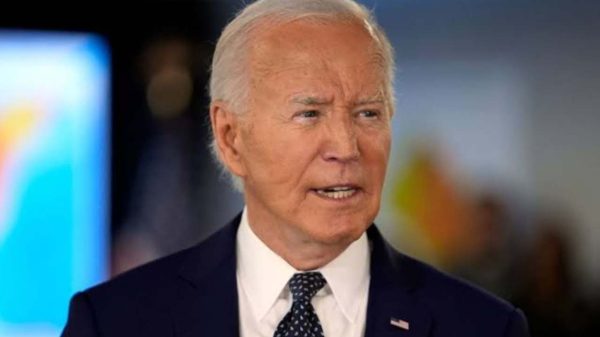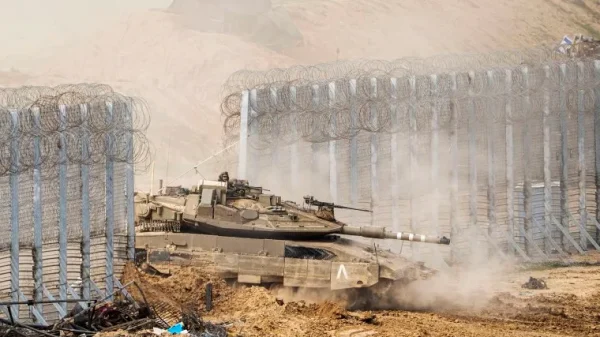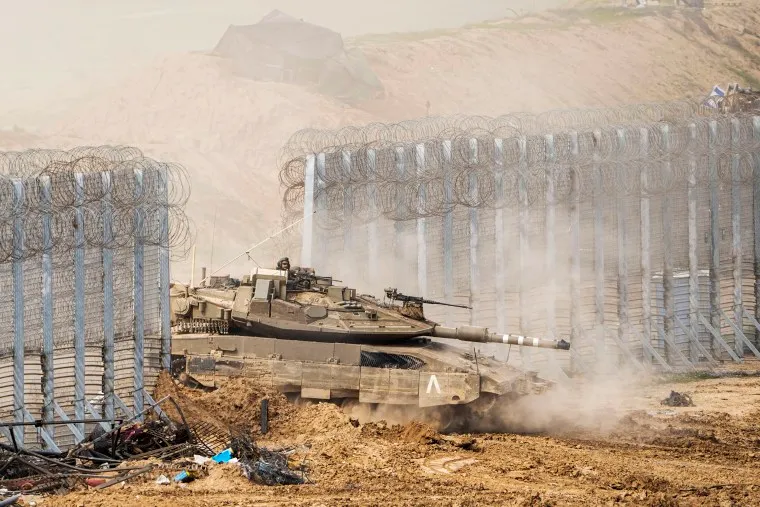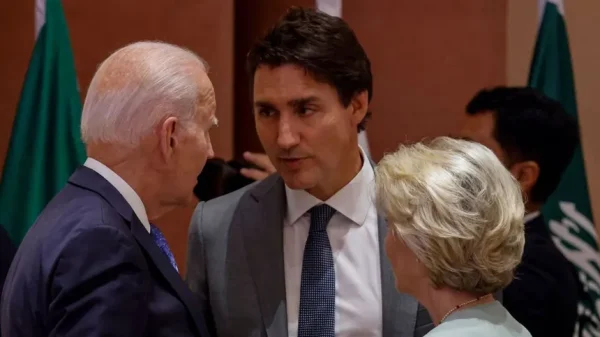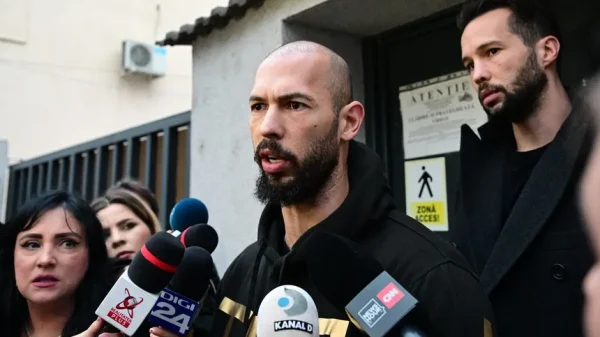The escalating tensions between Israel and Hamas have been a major concern for the international community, with both sides refusing to back down. In an effort to ease the situation, Egyptian President Abdel Fattah el-Sissi has proposed a two-day ceasefire, which includes the release of four hostages held in Gaza and the delivery of humanitarian aid to the besieged Gaza Strip. This is the first time that President el-Sissi has publicly proposed such a plan, with Egypt serving as a key mediator along with Qatar and the United States. The proposal also involves the release of some Palestinian prisoners, a move that is seen as a crucial step towards a permanent ceasefire.
However, there has been no immediate response from Israel or Hamas, which has repeatedly stalled talks in pursuit of a longer, phased ceasefire. Hamas has been demanding that Israeli forces withdraw from Gaza as a precondition for a ceasefire, while Prime Minister Benjamin Netanyahu has indicated that they will remain in the territory until they have destroyed Hamas. The last ceasefire was in November, with a pause in fighting and hostage and prisoner exchange. The current talks have been unsuccessful, with the Israeli Defense Minister, Yoav Gallant, acknowledging that “painful compromises will be required” to return the hostages.
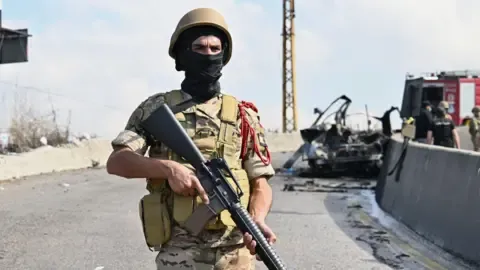
Egypt Suggests Ceasefire to Ease Tensions Between Israel and Hamas (Image via Getty)
The humanitarian situation in Gaza continues to deteriorate, with Palestinian officials reporting that Israeli strikes on northern Gaza have killed at least 33 people, mostly women and children. The Israeli military has stated that the strikes targeted militants. In addition, a truck rammed into a bus stop near Tel Aviv, killing one person and wounding over 30, with the attacker identified as an Arab citizen of Israel.
The escalated tensions between Israel and Iran have also raised fears of an all-out regional war. Iran’s supreme leader has warned that the recent exchange of fire between Iran and Israel should not be exaggerated or downplayed, while stopping short of calling for retaliation. The recent Israeli strike on Iranian targets marks the first open attack by Israel on its arch-enemy.
In this volatile environment, the Egyptian proposal comes as a much-needed initiative to ease the tensions and prevent further escalation. As the situation continues to unfold, the international community is eagerly awaiting a response from both Israel and Hamas, with hopes that the proposal will be accepted and lead to a permanent ceasefire and the return of the hostages. The world is holding its breath, waiting to see if diplomacy can prevail and prevent a wider conflict from breaking out.












